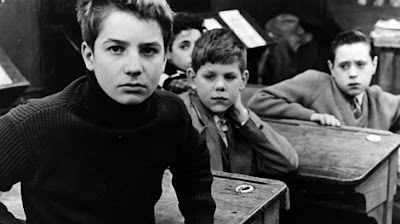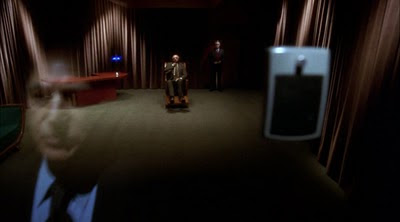Introduction to Film Textbooks

I previously wrote (and wrote and wrote...) about what I was thinking when designing an intro to film class that I'll be teaching next term, and particularly when choosing the fourteen films to show during the 150-minute screening time outside of class. That post wasn't complete, though, because an important other factor in the shape of the course is the textbook. When I got the assignment to teach intro to film, I'd never looked at a film textbook. I'd be tempted to say, "When I was in school, we didn't need none of them overpriced, overstuffed, overacademic behemoths!" And though it is true that the profileration of such textbooks is a relatively recent event, a handful of them are over thirty years old. I just tended to get teachers who didn't want us to read much in film classes. I'm a fan of reading, though. And I'm especially a fan of reading in an intro class, where a textbook gives interested students more information than ...






